Description
“This ‘happy oil’ brings liveliness in the atmosphere.”
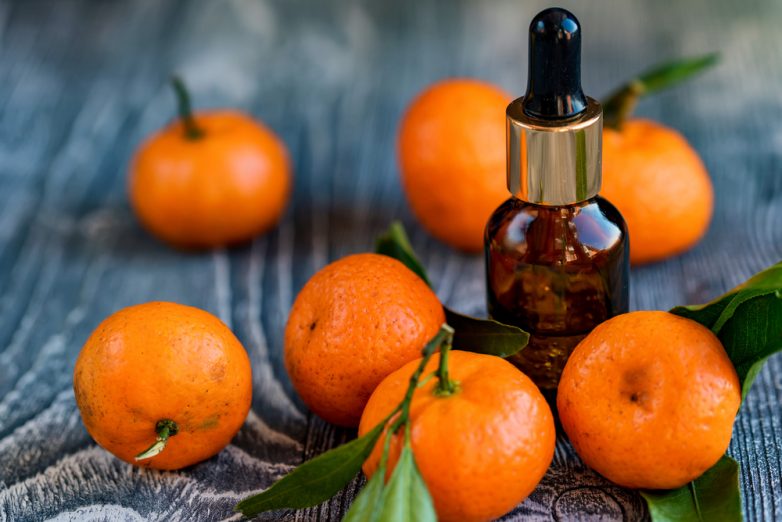
Botanical name: Citrus reticulata
Origin: Italy
Source: Peel
Mandarin is indigenous to China and was introduced into Europe way back in 1805 and subsequently into the United States sometime in 1845. Italy has been ranked as the top producer of Mandarin essential oil in the recent years. This fruit gained its name from the verity that it was given as a conventional gift to the Mandarins of China. The Traditional Chinese Medicine makes use of the dried rind of these fruits for regulating the ‘Qi’ or ‘Chi’ meaning life force, life energy or energy flow and is defined as the basic principle that is a part of every living thing on earth.
The leaves of mandarin tree are glossy and oval-shaped, while its flowers are small, aromatic and have a white hue. Since mandarin fruits bear a close resemblance of tangerine, people in the United States use the terms tangerine and mandarin interchangeably to refer to this orange-like fruit. However, in the business involving citrus fruits, the term “tangerine” strictly refers to fruits having an orange-red peel, while the term “mandarin” is only used for yellow hued fruits.
In addition to the above-mentioned differences between mandarin and tangerine, the aroma as well as the chemical composition of the two fruits are also dissimilar. In fact, the essential oil extracted from mandarin possesses a sharper aroma and is usually preferred for medicinal uses. This essential oil is among the safest and medical practitioners often recommend its use for children as well as for pregnant women.
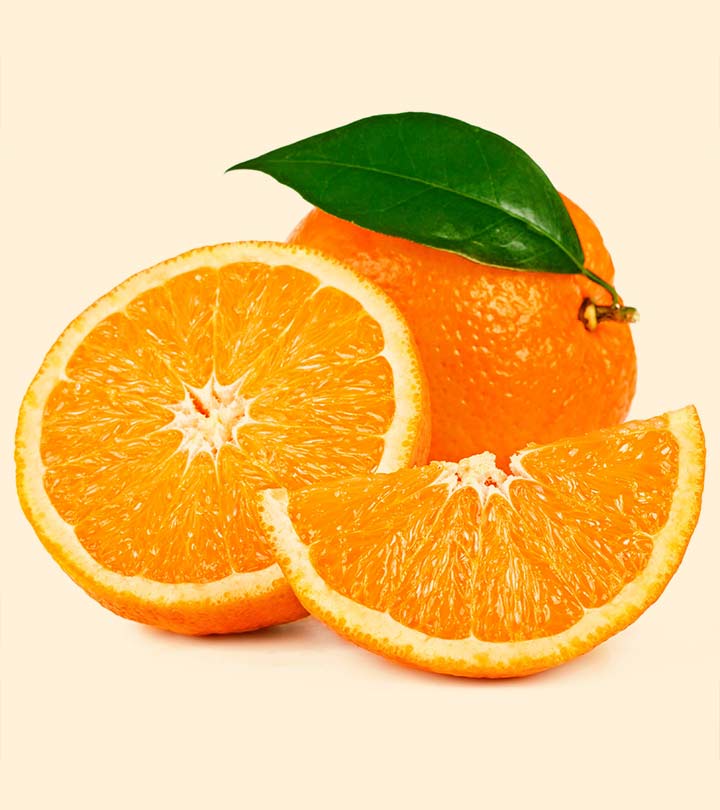
As a rich source of vitamin C, Mandarin oranges have been in use since the primordial times for meeting the nutritional requirements of children as well as elderly people. Mandarin is considered as a safe medicine for treating indigestion, strengthening the liver and the digestive system in aged people in France.
The quantity of genuine mandarin essential oil is usually subject to the demand for fresh mandarins in the domestic as well as export markets. In Italy, people mainly use most of the fruits for their consumption, while a very small fraction, about just 5 to 6 percent of the fruits produced is used to extract the essential oil. Hence mandarin essential oil is generally expensive compared to the essential oils extracted from other citrus fruits. Mandarin essential oil possesses numerous therapeutic properties. It is balancing, soothing and also lifts the mood. In addition, this oil possesses antiseptic, anti-depressant, and digestive attributes. Mandarin essential oil is also used in the manufacture of perfumes, cosmetics, soaps and in the form of a flavoring agent in confectionery and liqueurs.
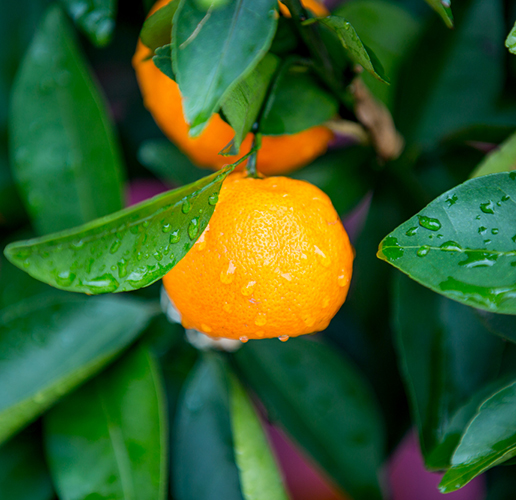
General properties
antiseptic
antispasmodic
circulatory
depurative
digestive
hepatic
nervous relaxant
sedative
stomachic
tonic
Blends well with
basil
bergamot
black pepper
cinnamon
clary sage
clove
frankincense
grapefruit
lemon
lime
neroli
nutmeg
lavender
orange
palmarosa
petitgrain
chamomile
rose
sweet marjoram
General uses
acne
anxiety
arthritis
cellulite
constipation
convulsions
depression
epilepsy
fluid retention
gastritis
grief
hysteria
immunity
indigestion
insomnia
muscle spasms
obesity
PMS
stretch marks
stress
tension
Precaution
This essential oil needs to be used with caution, as there are reports that it has resulted in photo-toxicity in some people. As a result, use of mandarin essential oil may cause irritation in some specific types of skin.
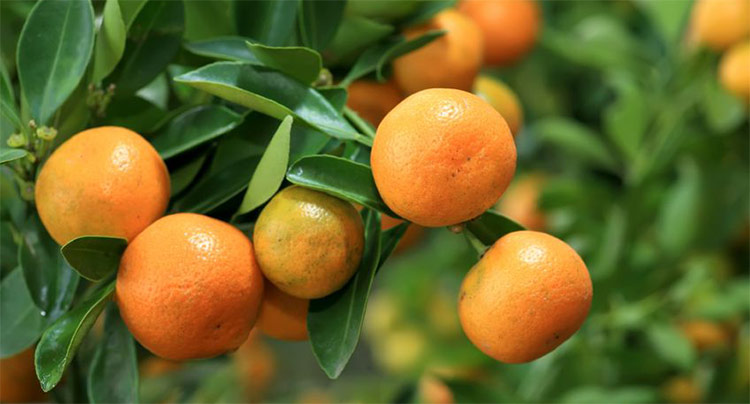
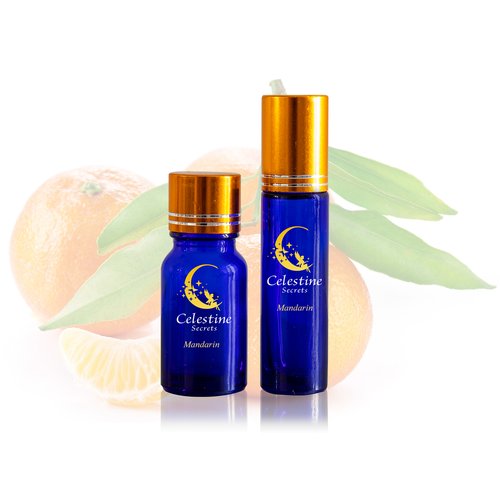






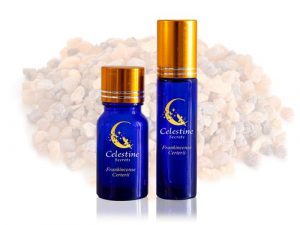
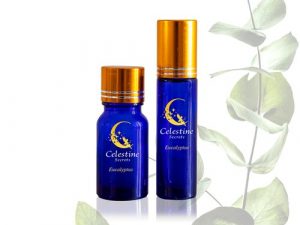
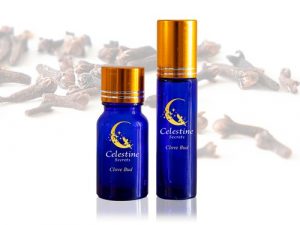
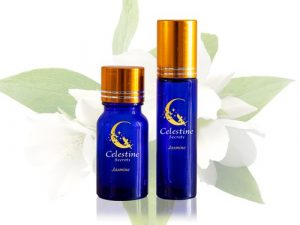
Reviews
There are no reviews yet.